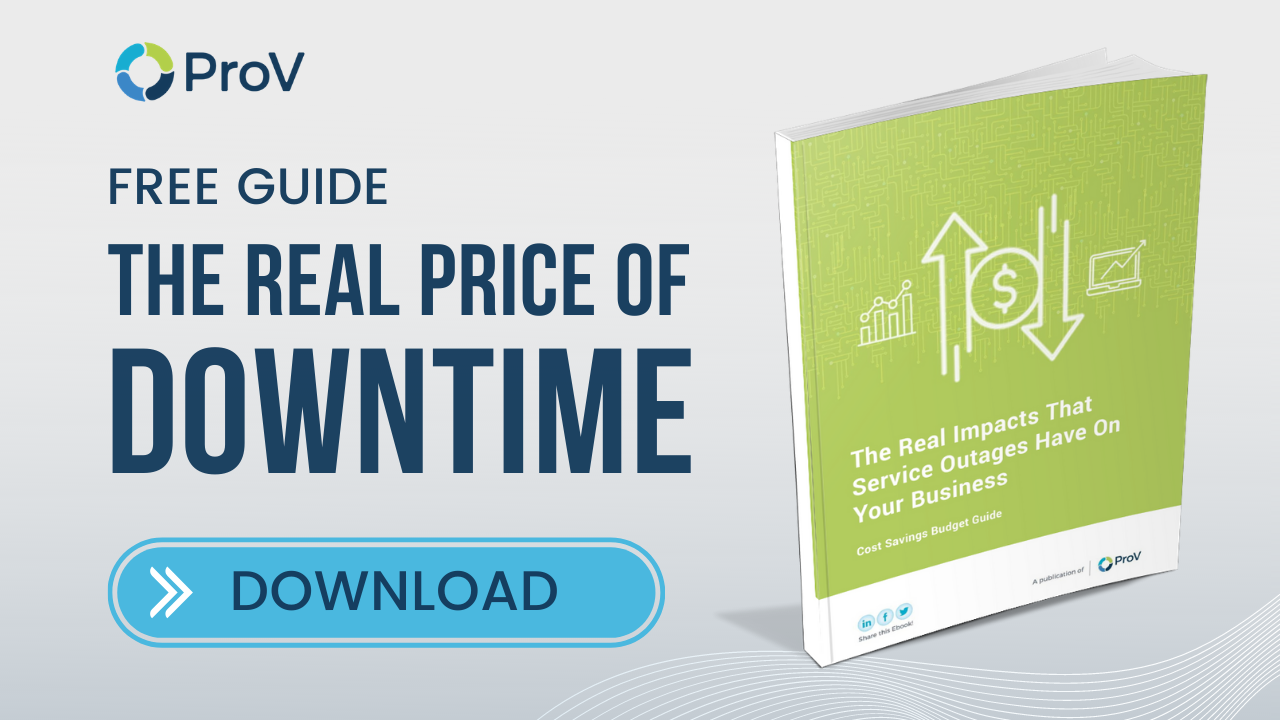Keeping data safeguarded is a priority for every organization. From installing antivirus protection to warning employees about suspicious attachments, we all do our best to maintain safety protocols. Despite these efforts, however, cyber threats are constantly evolving and hackers are always looking for the next exploitable weakness in our software.
Cybercrime on the Rise
From the Equifax breach, where cybercriminals stole the personal data of nearly 150 million people, to the Bad Rabbit virus that posed as an Adobe Flash installer, it seemed as if no organization was safe in 2017. Unfortunately, 2019 looks to be more of the same. Experts predict that cybercrime will cost companies approximately $6 trillion per year on average through 2021, and ransomware blackmailing has now become a $2 billion criminal industry itself. Because most ransoms are relatively inexpensive (the average ask is between $700-$1,500) most organizations—65 percent—simply choose to pay up rather than go without their data. The high likelihood of payment combined with the low risk of detection will continue to make ransomware a lucrative opportunity for cybercriminals, making enhanced security a necessity.
Security Through Managed IT Service Providers
Despite understanding the dangers lurking online, many organizations simply cannot afford to bring aboard an IT team to effectively manage the security of their data. One option that is becoming increasingly attractive for many companies is to partner with a Managed IT Service Provider (MSP). With an MSP, organizations receive enterprise-level services from a qualified team of external IT experts who not only secure the organization, but help it meet key governance and compliance requirements quickly.
Small and medium-sized companies aren’t the only ones benefiting from Managed IT Services, even larger companies with a solid internal IT department are also seeing the rewards. By outsourcing their security, their IT departments are able to focus on core activities and their company’s “big picture”, growing and bettering their organization.
What to Look For When Selecting an MSP
Once you’ve selected a provider, they’ll generally begin with a security assessment of your organization. This involves identifying risks that could harm the confidentiality and integrity of your business and data—or even temporarily shut it down. The provider will review your IT infrastructure and your current security strategy to determine your top vulnerabilities in order to make recommendations.
While the MSP is busy reviewing your IT structure, you’ll want to review their offerings as well to be sure their security services provide the following:
- Remote Monitoring. To remain secure, systems need 24/7/365 monitoring. Alerts notify responsible parties that:
- service or device thresholds have been reached;
- an incident occurred which could develop into a disaster;
- an interruption may occur due to a planned event such as an upgrade;
- or an interruption may occur due to an unplanned event, such as a storm.
- Patch Management. Designed to correct issues within a program that has been discovered only after its initial release, a patch is a piece of code that is added to software post-installation. The patch acts as a Band-Aid, covering up vulnerabilities before hackers can exploit them. Many cyberattacks can be prevented with proper patch management (the Meltdown and Spectre bugs are just two examples of hackers finding a vulnerability that had actually been around and fixed for a while).
- Data Backup. Many organizations lack a data and system backup plan (or have a poorly designed one). A good MSP backs up all of your mission-critical data to mitigate losses from a breach and provides disaster recovery to restore critical data with minimal downtime.
2018 had had its share of online criminal activity—from the Meltdown and Spectre viruses at the start of the year to the ransomware attack that completely shut down the city of Atlanta’s online systems for nearly a week. Don’t wait until the next big security breach affects your organization; begin assessing the security of your organization today.

